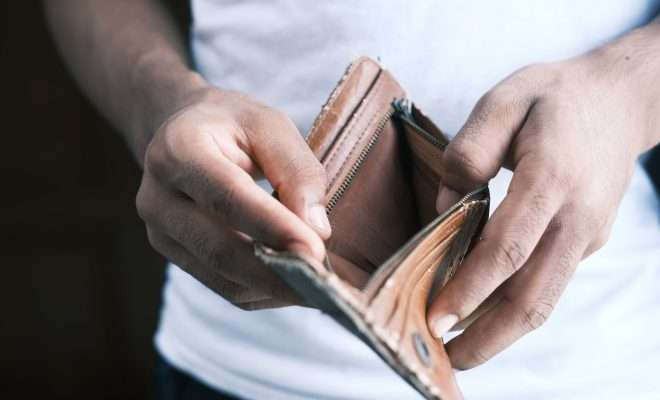
5 Ways To Deal With A Financial Emergency
5 Ways To Deal With A Financial Emergency
The world is struggling, with many families and individuals going through financial crises beyond anyone’s control. This article will work through five step-by-step ways to efficiently deal with any financial emergency. Here are 5 ways to deal with a financial emergency.
1. Get A Clear Picture of The Situation
One unforeseen event or financial mishaps like major health expense, job loss or collateral damage; might wreak havoc on months’ worth of plans you had for the coming days. While it is a very stressful time to pass through; you need to stay woke and rationally evaluate the magnitude of the financial damage or emergency and its root cause.
Next, if you estimate the economic loss, think of alternative ways to avoid the situation and keep notes. Finally, calculate a round figure of cash that could help you get through the problem immediately.
2. Explore Extra Income Streams
Once you know the amount of money you need to get out of financial upheaval, consider seeking ways to make extra cash. You can start with something as small as helping out a neighbour to move furniture to working part-time at a restaurant.
No matter how small the amount is the key is not to give up and keep looking for organic ways to earn extra money to pay off necessary expenses or save. In addition, encourage your family members to contribute to money-saving by looking for ways to earn cash or liquid money.
3. Use Credit Cards – ONLY If You Have Good Credit
Credit cards can finance you in a crisis. If you have good credit, you can expect a reliable stream of income and the ability to get out of your debt within a year or so with a 0% balance transfer offer or interest purchase from a new credit card.
You can make regular payments to pay off your balance until the end of the introductory period, up to 18 months. However, if you don’t have good credit, keep the new debts separate before clearing up your existing credits or paying off the loans and looking for interest-free loans.
4. Look For Available Financial Assistance Programs
Emergency savings have one rule of thumb- keep the emergency savings to cover 3 to 6 months’ worth of expenses. If you do not have emergency savings or have most of it already spent, you will most likely need quick financial assistance. Many federal government assistance programs and local community services specifically targeted people in financial distress.
Keep an eye on available financial aids, grants, subsidies, training, utility assistance, medical assistance, assistance for mortgage-rent costs, and many other benefits the programs and non-profit organisations offer based on the eligibility requirements. They can help with your bills and assist you in overcoming your financial situation.
5. Check Your Insurance Coverage
Insurance plays a crucial role in getting your life back on track with financial independence in financially catastrophic situations. Check how much the insurance can back you up for any collateral damage or loss. You can also renew or buy the most applicable insurance policies online to receive a payout for quick financial support.
In cases like this, you need immediate remedy and emergency relief to rectify the situation. To know all the details about emergency relief supported by local community service nearby, get in touch with them and make an appointment to receive all the necessary assistance you need.














